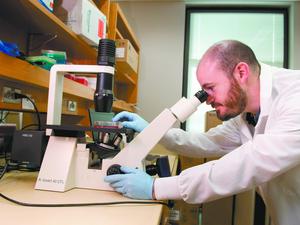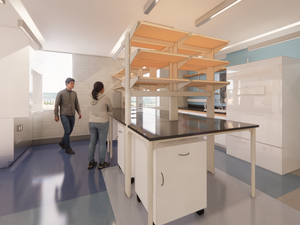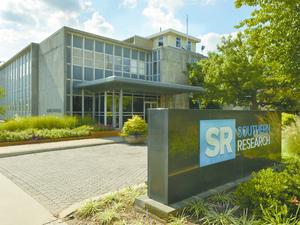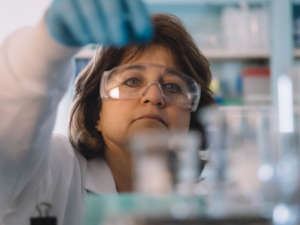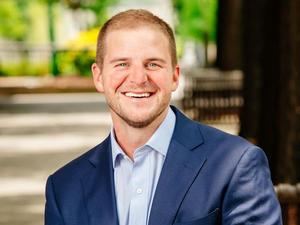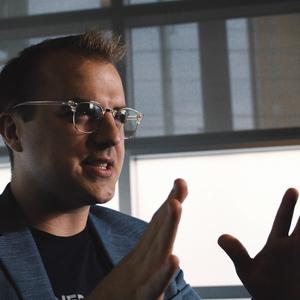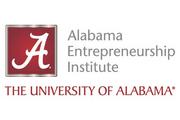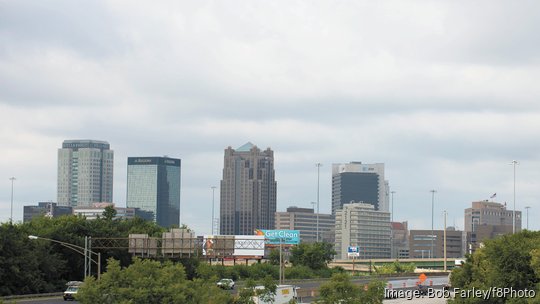
Birmingham has submitted a bid to receive a federal Tech Hub designation, which — if awarded — could shape the future of the city's tech economy.
Southern Research is leading the effort — though there are other partners involved, including the University of Alabama at Birmingham, Tuskegee University, Miles College, Lawson State Community College, Acclinate, Evonik and others — to secure the Magic City a piece of $500 million in federal funds.
The Tech Hubs Program is an economic development initiative designed to drive regional technology- and innovation-centric growth by strengthening a region’s capacity to manufacture, commercialize and deploy critical technologies, according to the United States Economic Development Administration. The program was part of the CHIPS and Science Act of 2022, which authorized $10 billion over five years.
"The program will invest directly in regions with the assets, resources, capacity and potential to transform into globally competitive innovation centers in approximately 10 years while catalyzing the creation of good jobs for American workers at all skill levels, both equitably and inclusively," stated the EDA website.
But competition is heated. In the first phase of the program, 20 cities will be awarded Tech Hub status, but in the second selection, it will be pared down to five to 10 cities, which will get $75 million for their regions.
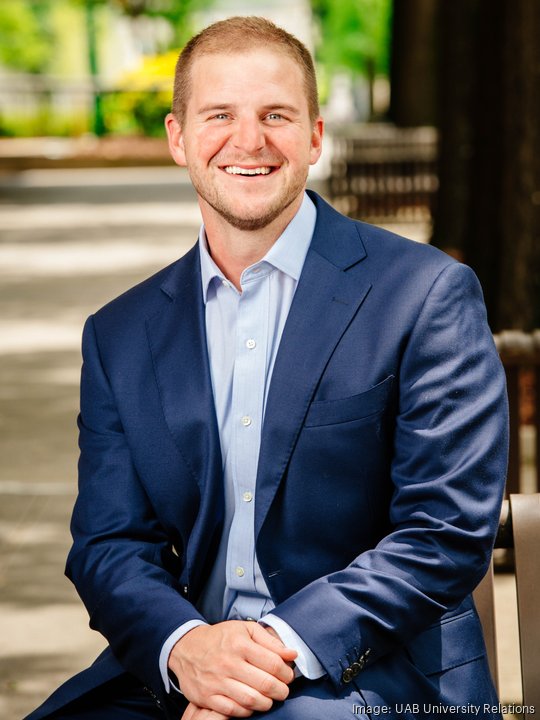
"I think it's going to be fiercely competitive," said Josh Carpenter, CEO of Southern Research. "I don't know how many people applied, but, regardless of the outcome, the opportunity to distill what makes (Birmingham) competitive and distinctive, collectively, has been a really remarkable one."
The program will bring together a wide array of public, private and academic partners focused on regional economic development needs and unique growth opportunities.
Who is the competition?
Only consortia are eligible to apply for the program. Each consortium has certain required and optional entity types to qualify. Regional consortia can include combinations of academia, private sector, government, federal labs and unions, among others.
Birmingham's is made up of 14 consortium members and nine additional supporters, including higher education, industry, economic development, institutions and workforce training organization partners.
EDA defines a Tech Hub’s geography as a metropolitan statistical area or a similar area, including micropolitan statistical areas or tightly interconnected combinations of MSAs and/or μSAs, with a concentration of assets, capital, research and development, labor market and infrastructure strongly relevant to the hub’s selected core technology area, the hub’s identified market opportunity and its potential to become globally competitive in that given sector, industry or area within a decade.
Greater MSP in Minnesota, Spokane, the Triangle in North Carolina and Baltimore represent just some of the consortiums competing.
A timeline for the awards has not been released, but EDA said it could offer five awards to designated EDA Tech Hubs sometime this fall. Only those that are named in the first phase of the program will be able to apply for the second phase.
A more in-depth analysis of what this could mean for the city and Birmingham's competitive strengths will follow next week.
